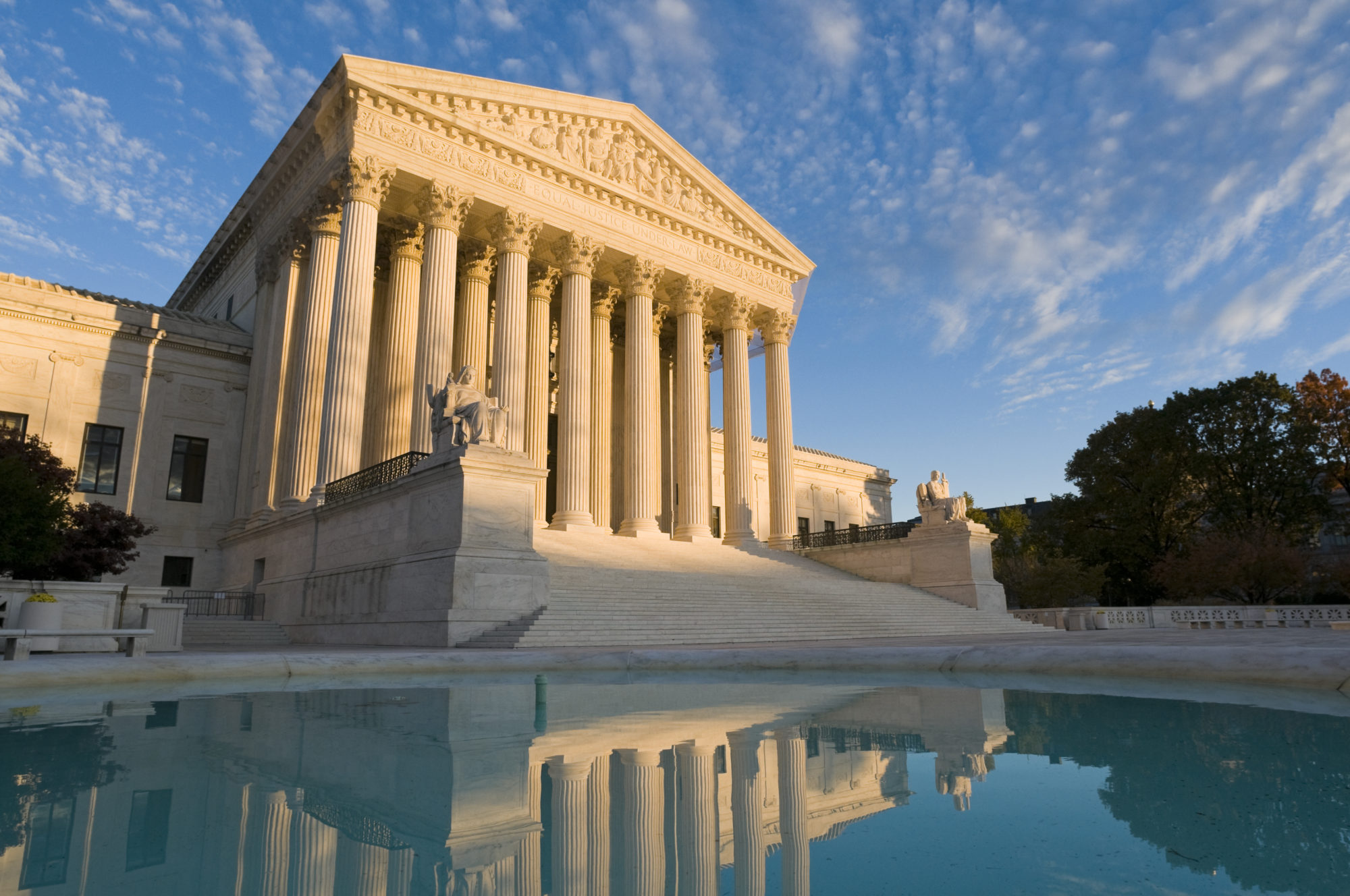Liberal feminist icon, movie star, survivor. That is how we think of the diminutive 85 year old Supreme Court Justice Ruth Bader Ginsburg. On November 8th last year, Ginsburg was hospitalized after fracturing three ribs in a fall in her office at the Supreme Court. She still turned up for work at the next oral argument in Apple v Pepper on November 26th. But after a CT scan of her ribs revealed signs of lung cancer, the Justice was forced to take time away from the Bench to recuperate from surgery in late December. Justice Ginsburg returned to the Court last Tuesday after missing all of the Court’s January cases (although she kept up with the cases remotely). This was her third bout of cancer but her first absence from oral argument since arriving in 1993.
Ginsburg’s Return
The stage for Ginsburg’s return was an obscure but engaging question of statutory interpretation as to whether the government—the U.S. Postal Service in this case—is a “person” entitled to use the post-grant patent review procedures under the 2011 America Invents Act.
Ginsburg was the first justice to ask a question in Return Mail, Inc. v. United States Postal Service on Tuesday and she followed up four more times over the course of the hour. Ginsburg’s first question forced Petitioner’s advocate Beth Brinkmann to concede that her point about estoppel, which she described as the “linchpin” of her argument, was not actually an essential element of that argument.
Ginsburg’s second question began one of the main themes of the discussion that followed:
Ruth Bader Ginsburg:
But why — why would — why would the government — why — why would Congress want to leave a government agency out of this second look if the idea is to weed out patents that never should have been given in the first place?
Ginsburg Watch
For those who care more about whether President Trump will get a chance to complete the Federalist Society takeover of the Supreme Court than they do about the intersection of patent law and administrative law, the burning question on Tuesday was simply: how was Justice Ginsburg?
NRP’s Nina Totenberg reported that at the end of the argument, Ginsburg got up carefully, descended the steps behind the bench and walked out on her own. Listening to the argument on Oyez.org, we were struck that Ginsburg’s voice sounded stronger and clearer than it has for a long time. But with all the hype surrounding “Notorious RBG” these days, we thought we should try to answer the question empirically.
The figure below shows the number of words that Justice Ginsburg spoke at each argument over the course of the 2018 Term thus far. We split the data around Justice Ginsburg’s injury when she cracked her ribs: the arguments prior to November 8, 2018, are represented by the orange bars; those afterward are represented in light blue. The superimposed gray dots represent the average number of words spoken by the nine justices of the Court in each argument.

As the figure shows, Ginsburg usually speaks less than the average justice and her level of participation varies. Although she seemed slightly subdued after her injury in November, she actually contributed more than the average justice in two post-November 8 cases, Nutraceutical Corp v Lambert on November 18 (722 words) and Gamble v United States on December 6 (567 words). For the rest of the Court, these cases were not unusually quiet.
Perhaps our subjective impression of Justice Ginsburg’s strong performance on Tuesday was a result of relief at having her back, or noting the strength of her voice, or wishful thinking, but it doesn’t really fit the objective data for the Term. Justice Ginsburg certainly made her presence felt in Return Mail, but she only spoke 123 words. To put that in context, she spoke more than this in 25 cases this Term and less in only 6 others excluding the January cases where she was absent. In fact, in 20 cases this Term, Ginsburg has had more to say to just one side of the argument (i.e., Petitioner alone or Respondent alone) than she said to both sides in Return Mail. Ginsburg is back, but only at 56% of her average for the Term.
We wish her well in her continuing recovery.

You must be logged in to post a comment.